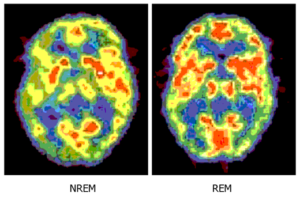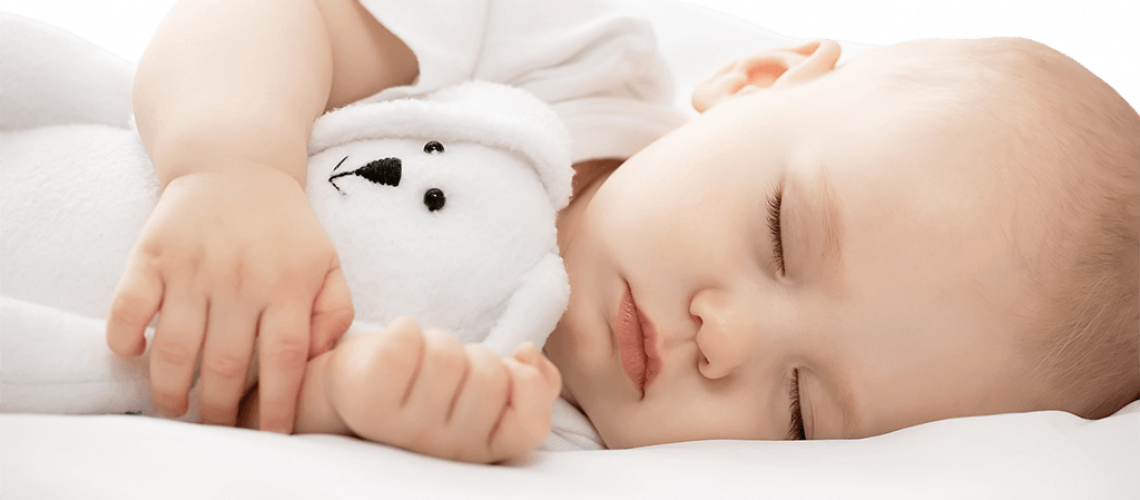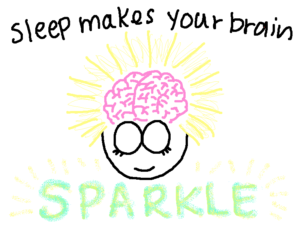We spend a third of our lives sleeping, an activity as vital to our health and well-being as eating and exercise. But exactly why we need sleep hasn’t always been clear. We know that sleep makes us feel more energized and improves our mood, but what’s really happening in the brain and body when we sleep?
When we’re sleeping, the brain is anything but inactive. In fact, during sleep, neurons in the brain fire nearly as much as they do during waking hours — so it should come as no surprise that what happens during our sleeping hours is extremely important to brain and cognitive functions.
MAKES DECISIONS.
The brain processes complex stimuli during sleep, and uses this information to make decisions while awake. It processes this information and prepares for actions during sleep, effectively making decisions while unconscious.
We make healthier decisions when we are rested and able to think with a clear mind. We tend to handle stress better when rested and thus making our capability for decision making calmer.
CREATES AND COMBINES MEMORIES.
While you’re asleep, the brain is busy forming new memories, consolidating older ones, and linking more recent with earlier memories, during both REM and non-REM sleep. Lack of rest could have a significant effect on the hippocampus, an area of the brain involved in memory creation and consolidation.
For this reason, sleep plays a very important role in learning — it helps us to cement the new information we’re taking in for better later recall.
MAKES CREATIVE CONNECTIONS.
Sleep can be a powerful creativity-booster, as the mind in an unconscious resting state can make surprising new connections that it perhaps wouldn’t have made in a waking state.
CLEARS OUT TOXINS.
An important function of sleep is to give the brain a chance to do a little housekeeping. If we’re not getting enough sleep, our brains don’t have adequate time to clear out toxins.
LEARNS AND REMEMBERS HOW TO PERFORM PHYSICAL TASKS.
The brain stores information into long-term memory through something known as sleep spindles. These are short bursts of brain waves at strong frequencies that occur during REM sleep. What happens during REM sleep is that the brain transfers short-term memories stored in the motor cortex to the temporal lobe, where they become long-term memories.
Why the Growing Brain Needs Sleep…?
Your child cycles through two main kinds of sleep: active (rapid eye movement, or REM) and quiet (non-REM). In active sleep, the brain is 
In the womb, a baby spends about 80 percent of the time in active sleep, and until about 6 months of age, about half of sleep is in the active phase. Not coincidentally, it’s during these early phases of life that the brain is growing most. Simply put, sleep builds your child’s brain.
- Especially during active sleep, key neuronal (brain cell) connections are made—the brain literally lays down the tracks for everything it learns, and it also prunes away little-used connections.
- Connections between the left and right hemispheres of the brain are also strengthened in children during sleep.
- The brain helps a child learn how to eat solid food, move muscles to be able to grab, roll over, crawl, and walk. The brain helps babies and young children make decisions and process thoughts and feelings. There is an element of problem-solving throughout the day.
- These developments help brain functions mature, influencing critical abilities such as language, attention, and impulse control. In fact, this beehive of brain activity during sleep has a direct effect on a child’s ability to learn and grow. It may even potentially affect developmental and mood disorders.
It might look like we are doing nothing while we are asleep, but in reality, an enormous amount of both physical and mental development takes place during sleep.
A lack of sleep in children could mean that they don’t take in everything – they don’t remember all the things they’ve done on a daily basis. Some children struggle to control their emotions, while others act out ways because their brains need the rest. They take risks, and as they get older, they can have problems with depression and anxiety.
Growing children need to get plenty of sleep. They learn so much, even as a new-born. Their brains need to recover after the long day and process all the information they’ve gained. This isn’t going to happen while they’re awake.
Studies show just how dangerous lack of sleep is for everyone. For children and teenagers, it could mean the difference between strong and illness-riddled bodies. The immune system doesn’t get the support it needs to fight off illnesses, and the body doesn’t get the hormones to support growth and development.
If the body doesn’t get enough sleep in the earlier years, the problems gained will persist through life. People are more likely to get less sleep in their adult years, believing that it is just a normal part of their lives. There is this common saying of “you can sleep when you’re dead” because sleep isn’t viewed as an essential part of living. However, it is vital that we all get enough sleep, regardless of our age.
#sleeptraining


